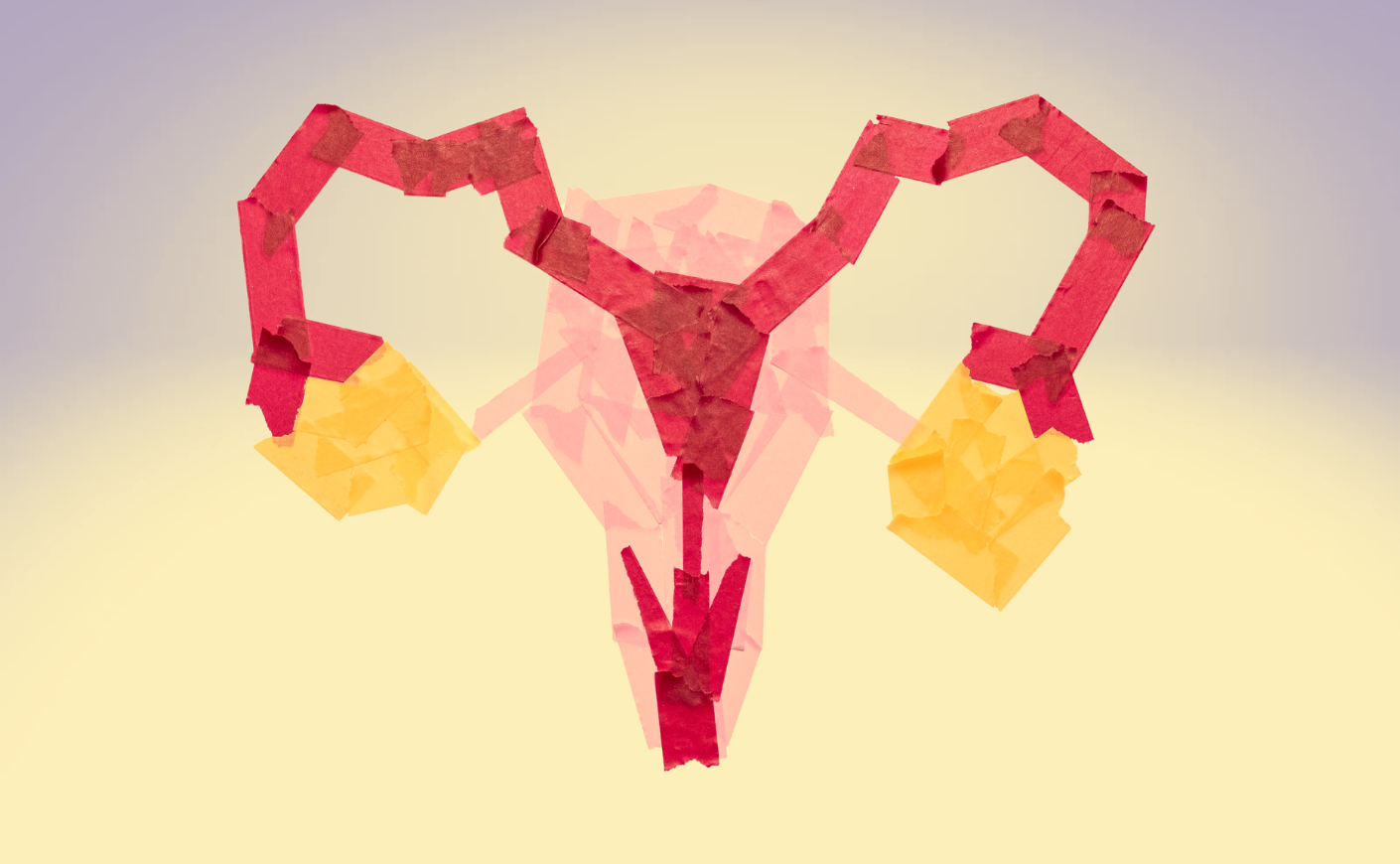Hysterectomies are among the most common surgeries performed, with more than 400,000 people undergoing a hysterectomy every year in the U.S. However, they’re also perhaps one of the most misunderstood medical treatments. Just the word “hysterectomy” often elicits a strong reaction from people who either think it leads to immediate menopause and negative symptoms like loss of libido or think they’re a quick way to be done with periods and unwanted pregnancies forever. There’s a great deal of confusion about what hysterectomies accomplish and what risks they may present, especially in terms of long-term health and well-being. So let’s discuss the actual facts about hysterectomies.
What is a hysterectomy?
A hysterectomy is a surgery to remove the uterus. The term hysterectomy only refers to removal of the uterus, not the ovaries. Surgical removal of the ovaries would be called an oophorectomy. In the past, gynecologists were more likely to also recommend removing the ovaries at the time of hysterectomy in order to avoid ovarian cancer, and this removal of the ovaries in premenopausal women would be what caused symptoms such as hot flashes, mood swings, or decreased libido. Many people still associate hysterectomies with menopausal symptoms because it used to be more common for the ovaries to be taken out during hysterectomies. However, we now know that there are serious health risks in terms of cardiovascular disease, bone loss, and other long-term health problems with early surgical menopause. Therefore, since 2008, the default has been to leave the ovaries in place during a hysterectomy for pre-menopausal women unless the patient has a significant risk of ovarian cancer. The uterus itself doesn’t produce hormones, so removing the uterus alone does not lead to menopause. However, women who have had a hysterectomy, on average, will go through menopause a few years earlier than those whose uterus is still intact. While we’re still unsure why this happens, it could be because blood flow to the ovaries may be altered during surgery to remove the uterus.
Reasons for a hysterectomy
Hysterectomies serve as treatments for medical problems involving the uterus, such as fibroids (benign tumors of the uterine wall), adenomyosis (a condition where tissue that normally grows in the cavity of the uterus grows in the wall), uterine pre-cancer or cancer, uterine prolapse (weakening of the support structures in the pelvis, causing the uterus to drop into or out of the vagina), and gender dysphoria.
There’s a myth that hysterectomies are an option for anyone who just wants to stop having periods or who doesn’t want to be pregnant in the future. In reality, hysterectomies are a major surgery with significant risks and should only be used as a treatment for serious medical conditions if less aggressive treatments have not worked. Insurance also won’t cover a hysterectomy unless there’s a medical indication, such as fibroids or painful and heavy periods. More importantly, in terms of someone’s health and well-being, a hysterectomy is often the most high-risk option for treatment. There are many less invasive options to stop periods, and a tubal sterilization is a much lower-risk procedure for permanent birth control.
How do hysterectomies impact sex and orgasms?
People often wonder about the long-term sexual health implications of hysterectomies, and there are many myths that a hysterectomy will lead to a loss of libido or the ability to orgasm. There have actually been many studies about sex after hysterectomy, and researchers have looked at several different factors, including hysterectomy type and whether the ovaries or cervix were removed. Most studies show no long-term change in sexual function with any type of hysterectomy unless the ovaries are removed, and sometimes, sexual satisfaction actually improves after a hysterectomy. This is because women having a hysterectomy almost always had severe pain or bleeding issues, which were affecting their sexual function or libido, and these problems are eliminated by surgery. There may initially be some discomfort with sex after the recommended post-operative period of pelvic rest, but this usually resolves with time, lubrication, and patience. If the ovaries are removed, there can then be a decrease in libido, vaginal dryness, and pain with sex, similar to what is experienced during non-surgical menopause.
Studies don’t show any significant difference in sexual satisfaction or orgasm whether the cervix (the opening of the uterus) is removed or preserved. However, if a woman feels that she needs cervical stimulation to enjoy sex or achieve orgasm, she can discuss the option of keeping the cervix during surgery if she’s not at higher risk for cervical cancer. The benefit of removing the cervix is that it eliminates the risk of cervical cancer, and someone who hasn’t had dysplasia (pre-cancer) of the cervix would no longer need Pap smears after the uterus and cervix are removed.
What fills the space inside the body after a hysterectomy?
I get asked this question a lot. The intestines and colon will drop and fill the space that the uterus once took up.
Should you get a hysterectomy?
The decision to have a hysterectomy is a personal one. However, you may be inundated with outside opinions from friends and family who have strong feelings about hysterectomies based on rumors they’ve heard. A doctor may say you must have a hysterectomy (say for fibroids) even if you want to preserve your fertility and don’t want to lose your uterus. On the flip side, a doctor may also say you shouldn’t have a hysterectomy even if you feel you need one; for instance, if you’re in your 20s or if you haven’t had children. Ultimately, the decision is yours — and as always, if you don’t feel comfortable with what a doctor is recommending, try to seek a second opinion to discuss your options.
To learn more about hysterectomies, pick up my book, It’s Not Hysteria: Everything You Need to Know About Your Reproductive Health (but Were Never Told), and watch my videos on the procedure.









